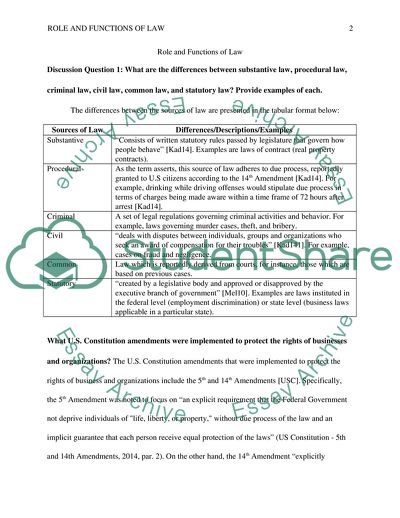Cite this document
(Role and Functions of Law Assignment Example | Topics and Well Written Essays - 1500 words, n.d.)
Role and Functions of Law Assignment Example | Topics and Well Written Essays - 1500 words. https://studentshare.org/law/1840466-role-and-functions-of-law-paper
Role and Functions of Law Assignment Example | Topics and Well Written Essays - 1500 words. https://studentshare.org/law/1840466-role-and-functions-of-law-paper
(Role and Functions of Law Assignment Example | Topics and Well Written Essays - 1500 Words)
Role and Functions of Law Assignment Example | Topics and Well Written Essays - 1500 Words. https://studentshare.org/law/1840466-role-and-functions-of-law-paper.
Role and Functions of Law Assignment Example | Topics and Well Written Essays - 1500 Words. https://studentshare.org/law/1840466-role-and-functions-of-law-paper.
“Role and Functions of Law Assignment Example | Topics and Well Written Essays - 1500 Words”. https://studentshare.org/law/1840466-role-and-functions-of-law-paper.


